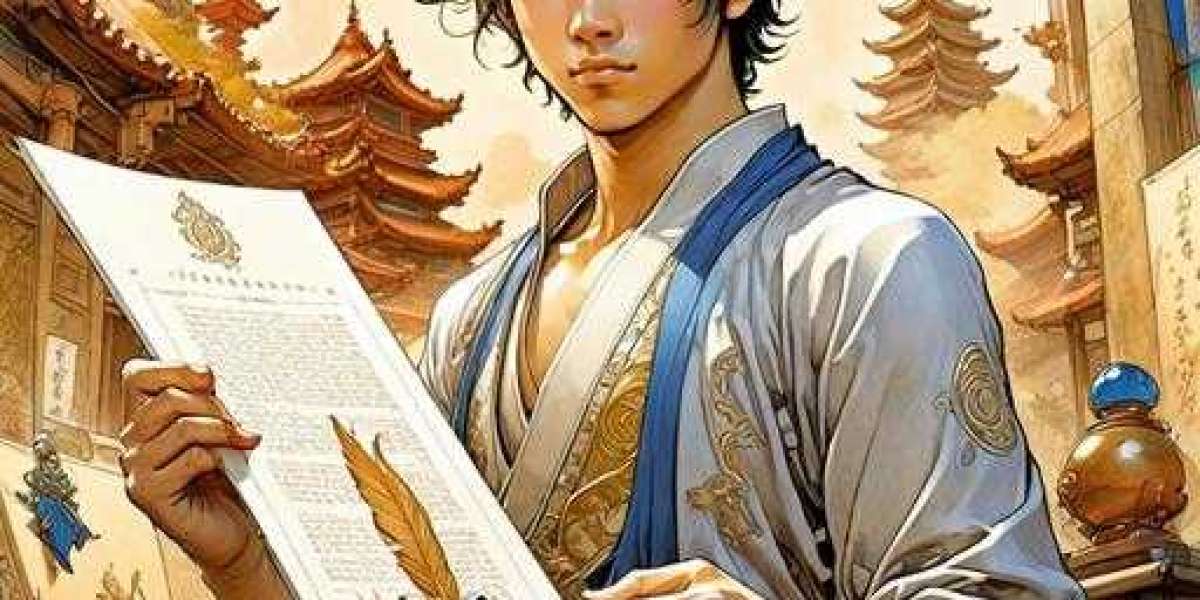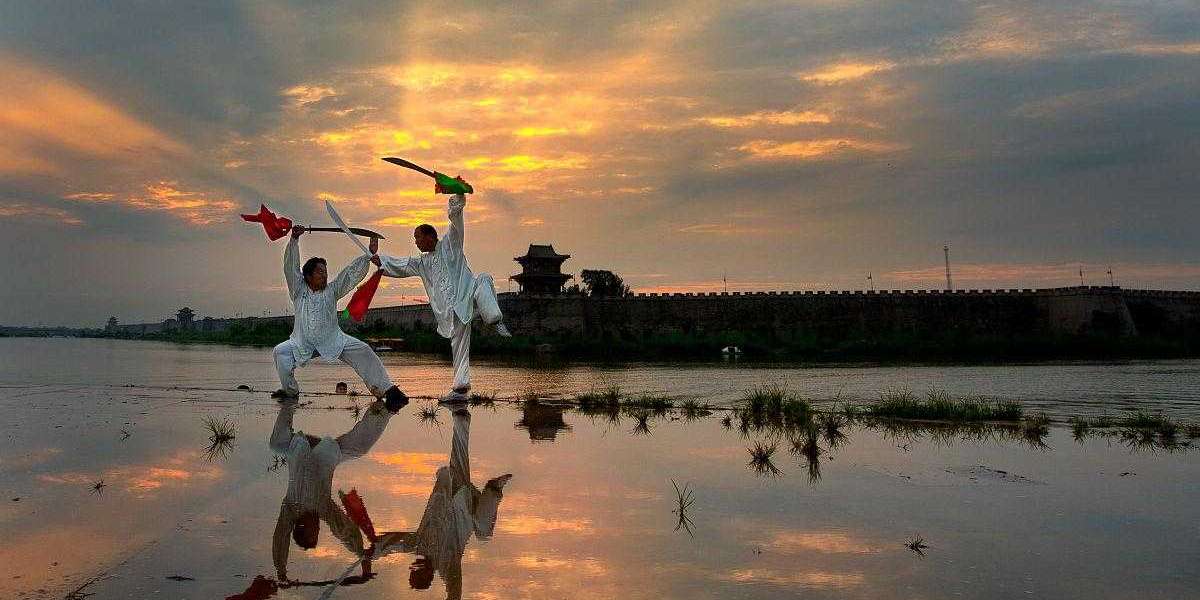The Daman game, often regarded as a traditional Indian pastime, holds a unique place in the cultural tapestry of the country. While it may seem like a simple board game to some, its roots run deep, reflecting regional customs, social interactions, and historical narratives. This article delves into the cultural significance of the Daman game across India, examining its history, variations, and the social connections it fosters.
Historical Background of Daman
The Daman game has been played in various forms across India for centuries, with origins that can be traced back to ancient board games. The game is believed to have evolved from traditional warfare tactics, where strategy and foresight were essential. Historical texts and archaeological findings suggest that similar games were played in royal courts, serving as both entertainment and a means of honing strategic skills.
In its essence, Daman encapsulates elements of competition and cooperation, mirroring the dynamics of societal interactions in different historical contexts. This historical significance has helped to preserve the game, passing it down through generations, making it a beloved aspect of many communities.
Regional Variations and Their Significance
One of the most fascinating aspects of the Daman game is its regional variations. Across different states, the game takes on unique characteristics, reflecting local traditions and customs. For instance:
- Maharashtra: In Maharashtra, the Daman game often includes specific regional rules and pieces that differ from other states. The game serves as a bonding activity during festivals and family gatherings, reinforcing social ties.
- West Bengal: In Bengal, the game is often associated with cultural festivals. It is played during religious celebrations, symbolizing unity and community spirit. The vibrant, artistic boards used in Bengal add an aesthetic dimension to the game, highlighting the region's rich artistic heritage.
- Punjab: In Punjab, Daman is more than just a game; it’s a community event. Often played during harvest festivals, it strengthens bonds among families and neighbors, showcasing the importance of togetherness in Punjabi culture.
Each regional variation of Daman brings its own flavor, making it a versatile game that adapts to local contexts while preserving its core essence.
The Social Impact of Daman
The Daman game transcends mere entertainment; it plays a vital role in fostering social relationships. In many communities, it serves as a medium for interaction across generations. Young players learn valuable life skills such as teamwork, patience, and strategic thinking from their elders. This intergenerational connection reinforces cultural values and traditions, ensuring that the game remains a significant part of community life.
Bridging Generational Gaps
In families, Daman is often played during gatherings, creating opportunities for storytelling and sharing experiences. Elders pass down not only game strategies but also cultural wisdom, allowing younger generations to connect with their heritage. This exchange cultivates a sense of belonging and identity, essential in a rapidly changing society.
Community Bonding
Daman is frequently played in community settings, such as during local fairs or festivals. It encourages participation from people of all ages, promoting inclusivity and camaraderie. The game’s simplicity allows anyone to join in, breaking down barriers and fostering a sense of community spirit. As players cheer for each other, they strengthen their social networks and cultivate a supportive environment.
The Role of Daman in Festivals and Celebrations
In many parts of India, the Daman game is an integral part of festivals and celebrations. It serves as a recreational activity that enhances the festive spirit, allowing people to unwind and enjoy each other’s company.
Cultural Festivals
During major cultural festivals, such as Diwali or Holi, families often organize Daman tournaments. These events not only offer entertainment but also bring communities together. The atmosphere is filled with laughter, friendly competition, and celebration, reflecting the joy and togetherness associated with these occasions.
Educational Significance
The Daman game is increasingly being recognized for its educational value. Schools and educational institutions have begun to incorporate it into their curricula, using it as a tool for teaching strategic thinking and decision-making. This modern adaptation highlights the game’s relevance in today’s world while preserving its traditional roots.
Daman and Its Role in Modern Society
As India continues to evolve, so does the Daman game. Its relevance in modern society is evident in various contexts, including social media and online gaming platforms. These adaptations have introduced the game to a younger audience, allowing it to thrive in new environments while still retaining its cultural significance.
Digital Adaptations
With the rise of technology, digital versions of Daman have emerged, making the game accessible to a global audience. Online platforms enable players to connect with friends and family, regardless of geographical barriers. This digital transformation has sparked a renewed interest in the game, ensuring its survival and relevance in the modern era.
Preserving Tradition
Despite the technological advancements, many communities remain committed to preserving the traditional aspects of Daman. Local tournaments, workshops, and cultural events continue to promote the game, celebrating its heritage and significance. These efforts not only keep the game alive but also foster a sense of pride among players, ensuring that the legacy of Daman endures.
Conclusion
The Daman game is more than just a traditional pastime; it embodies the rich cultural diversity of India. Its historical roots, regional variations, and social significance make it a vital part of community life. By bridging generational gaps, fostering social connections, and serving as a medium for celebration, Daman remains a cherished aspect of Indian culture. As society evolves, the game adapts while preserving its core values, ensuring that its cultural significance continues to thrive for generations to come. Embracing the Daman game not only honors our past but also strengthens our present and future connections with one another.








